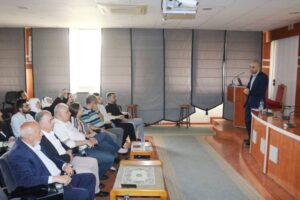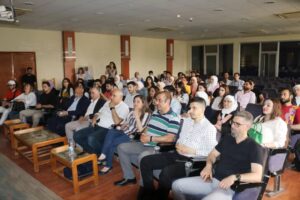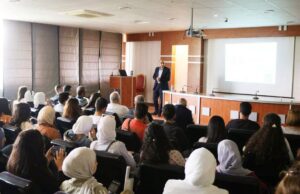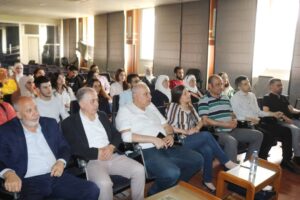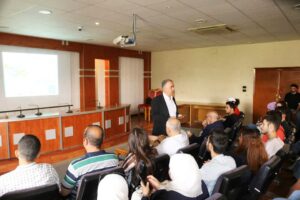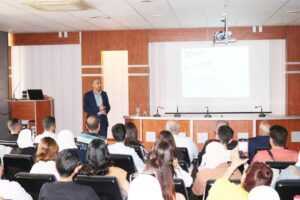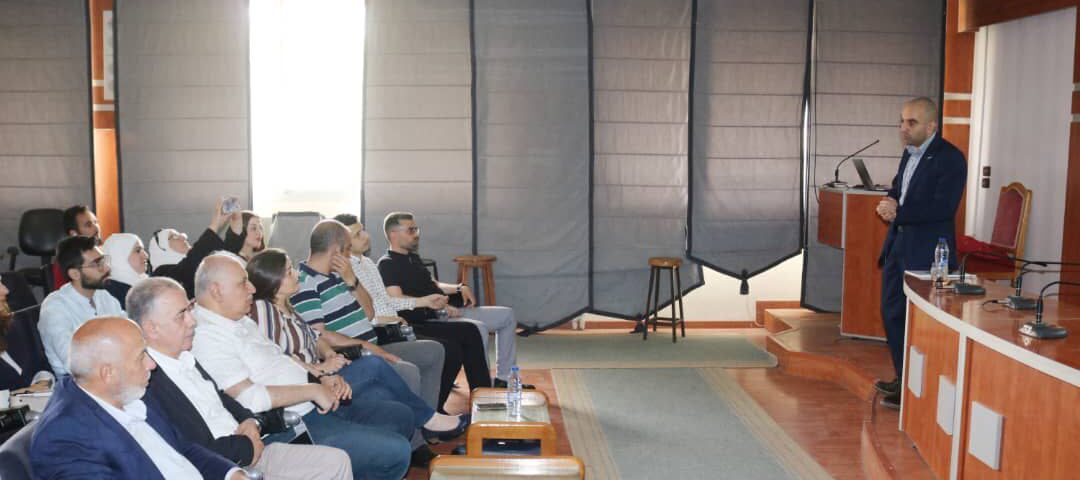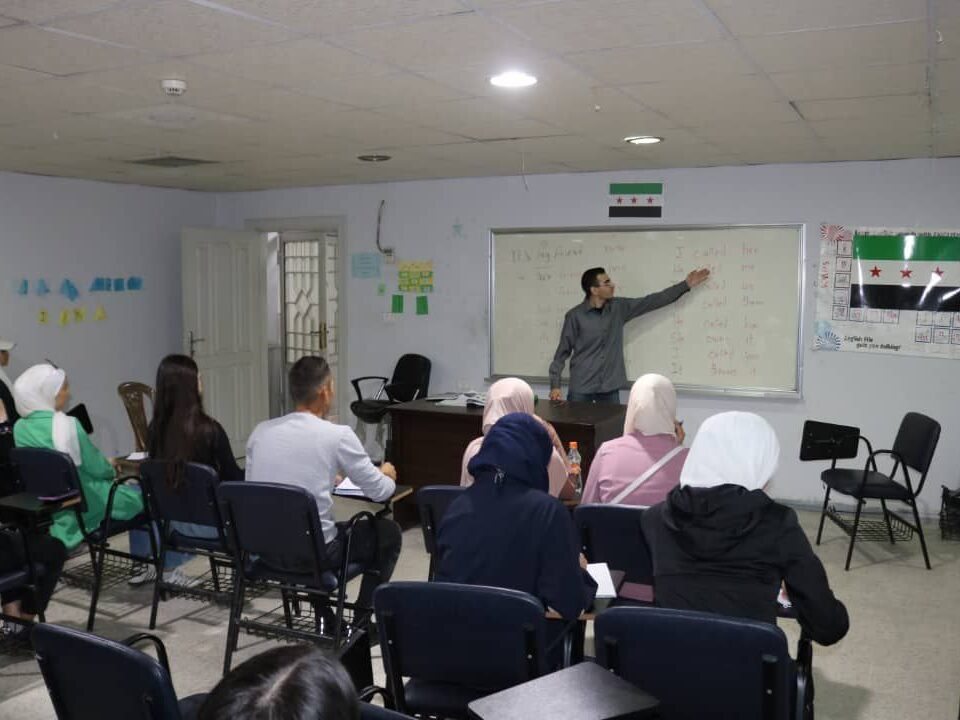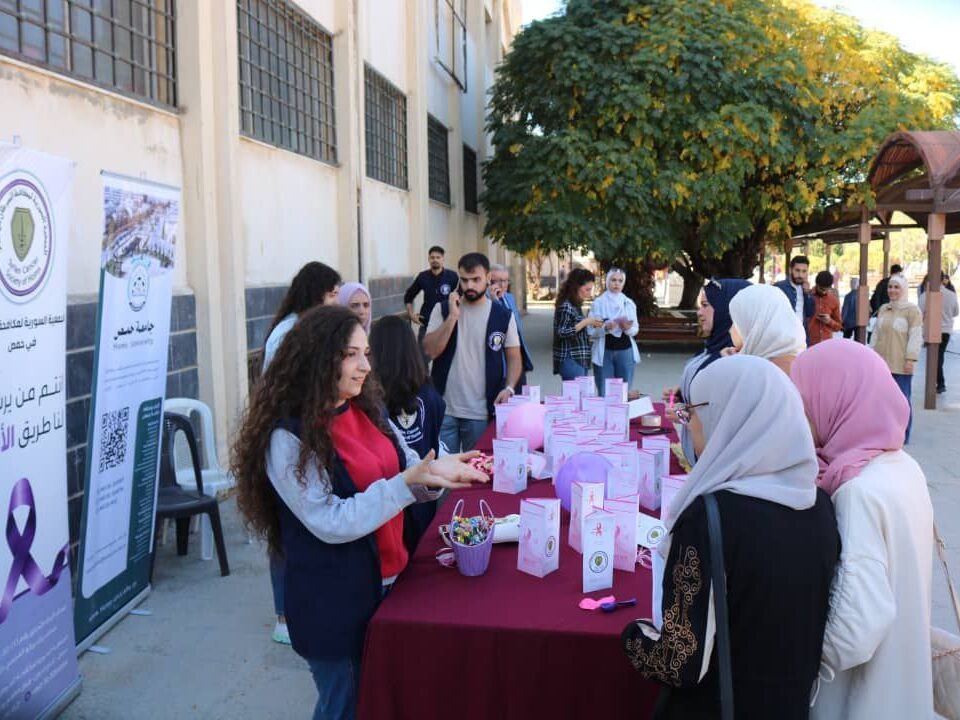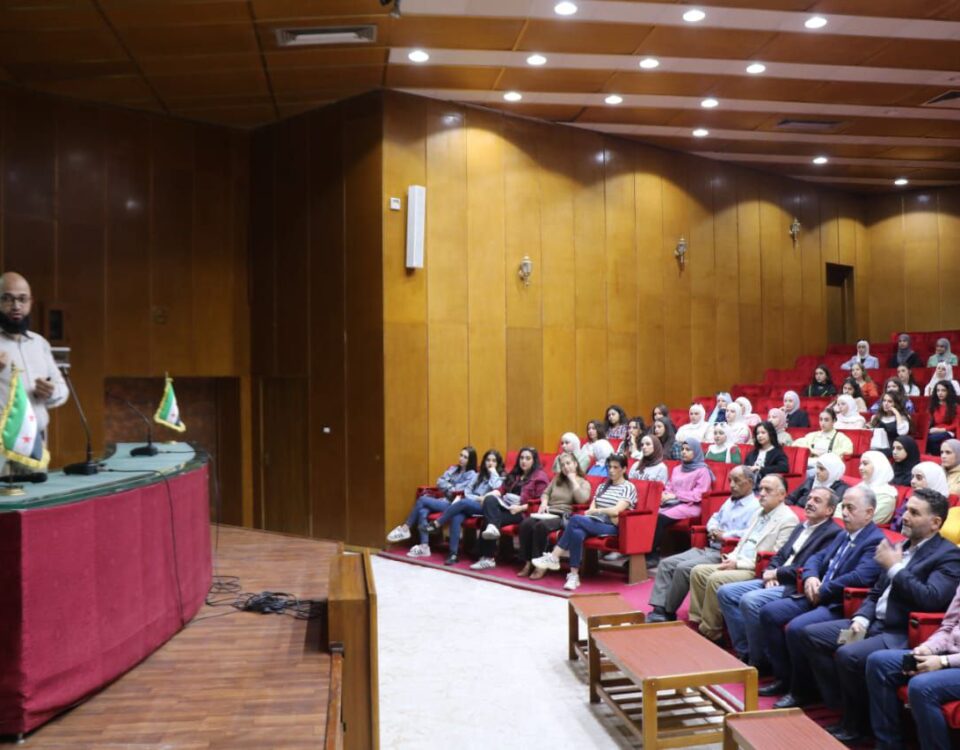As part of the academic activities aimed at developing academic discourse and opening up to global experiences, the Faculty of Architecture at Homs University organized a lecture titled “Mechanisms, Tools, and Priorities for Understanding the Character and Identity of Places and Cities” . The lecture was delivered by Prof. Hussam Al-Waer, professor of Urban design and planning at the University of Dundee in the UK and a visiting professor at the University of Cambridge. The lecture was attended by a number of faculty members and students , as well as researchers and interested parties from outside the university.
The lecture addressed a set of contemporary tools and approaches for understanding the identity of cities and analyzing their spatial character, focusing on the interaction between the city’s physical structure and the social, cultural, and environmental factors that contribute to shaping its character.
During the lecture, Prof. Hussam Al-Waer has explained that rebuilding cities after conflicts, such as in Syria, represents an exceptional opportunity to reshape their identity, not only through physical structure, but also by introducing new ideas and approaches that are being introduced for the first time in the planning of neighborhoods, streets, and cities.
In addition, he explained that this approach must be accompanied by the preservation of the city’s deep cultural and heritage identity, without neglecting the elements of modernity and contemporary identity. This ensures the continuity of collective memory and its transmission to younger generations.
For his part, the faculty dean, Prof. Hussam Al-Din, has pointed out that this event is part of the faculty’s plan to enhance academic interaction with international academic institutions and raise students’ awareness of unconventional planning and design issues. He has also emphasized the importance of such meetings in supporting the faculty’s development vision and enhancing the experiences of students and graduates, especially during this important phase of the reconstruction process.
The lecture witnessed remarkable interaction from the audience, as participants discussed a range of international experiences in re-reading city’s identity and the possibilities of integrating that concepts into educational curricula and academic projects.
